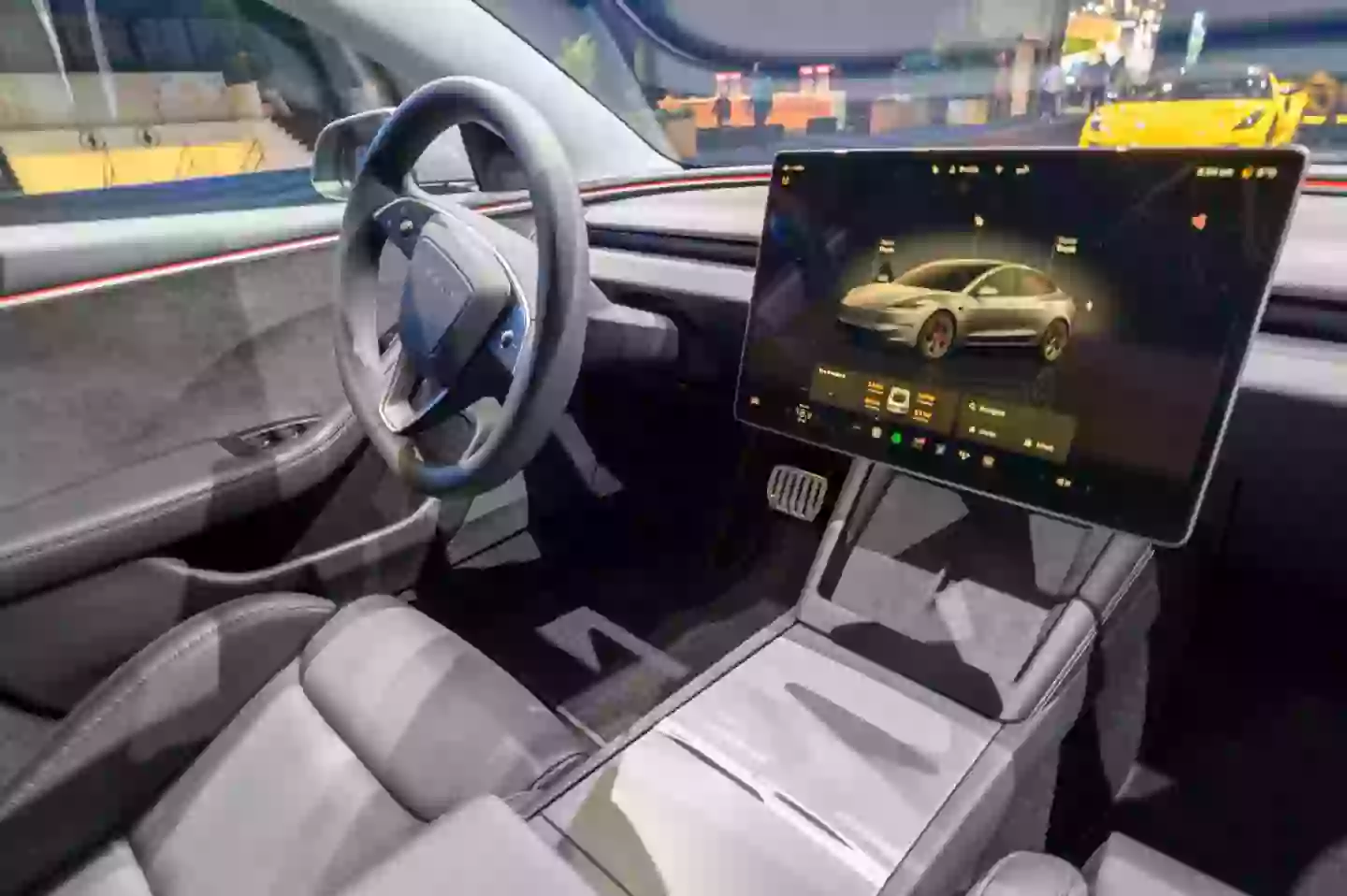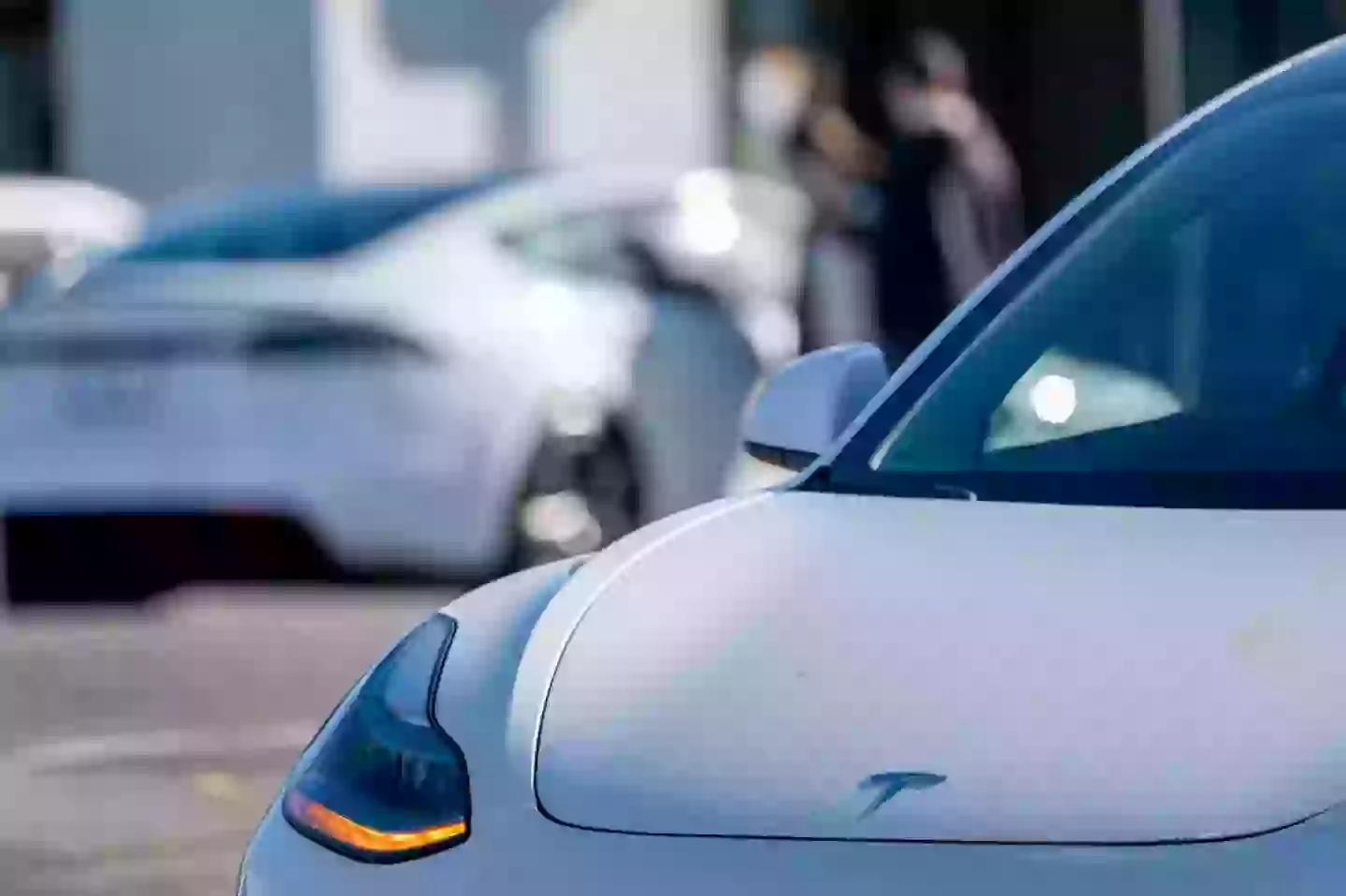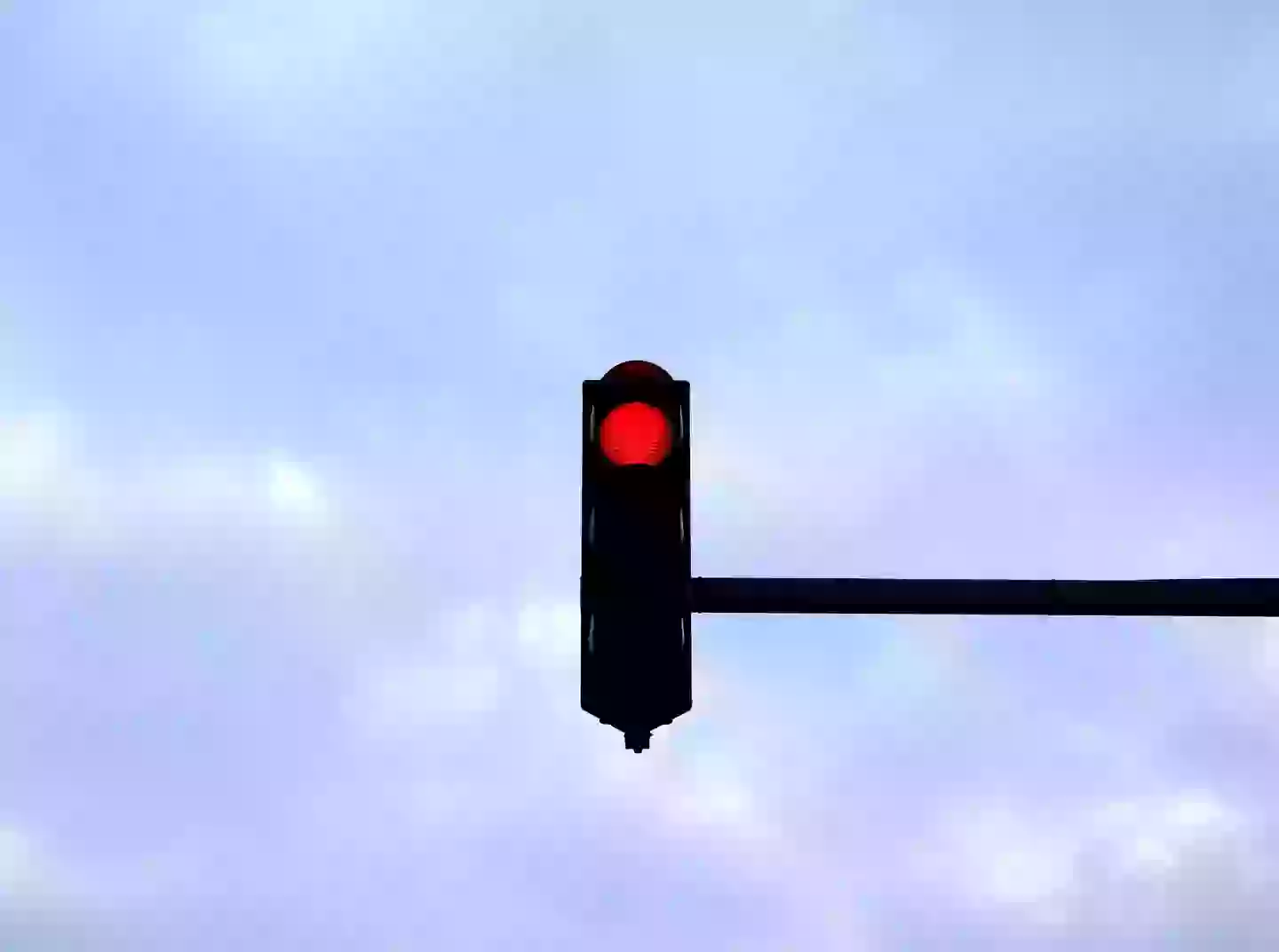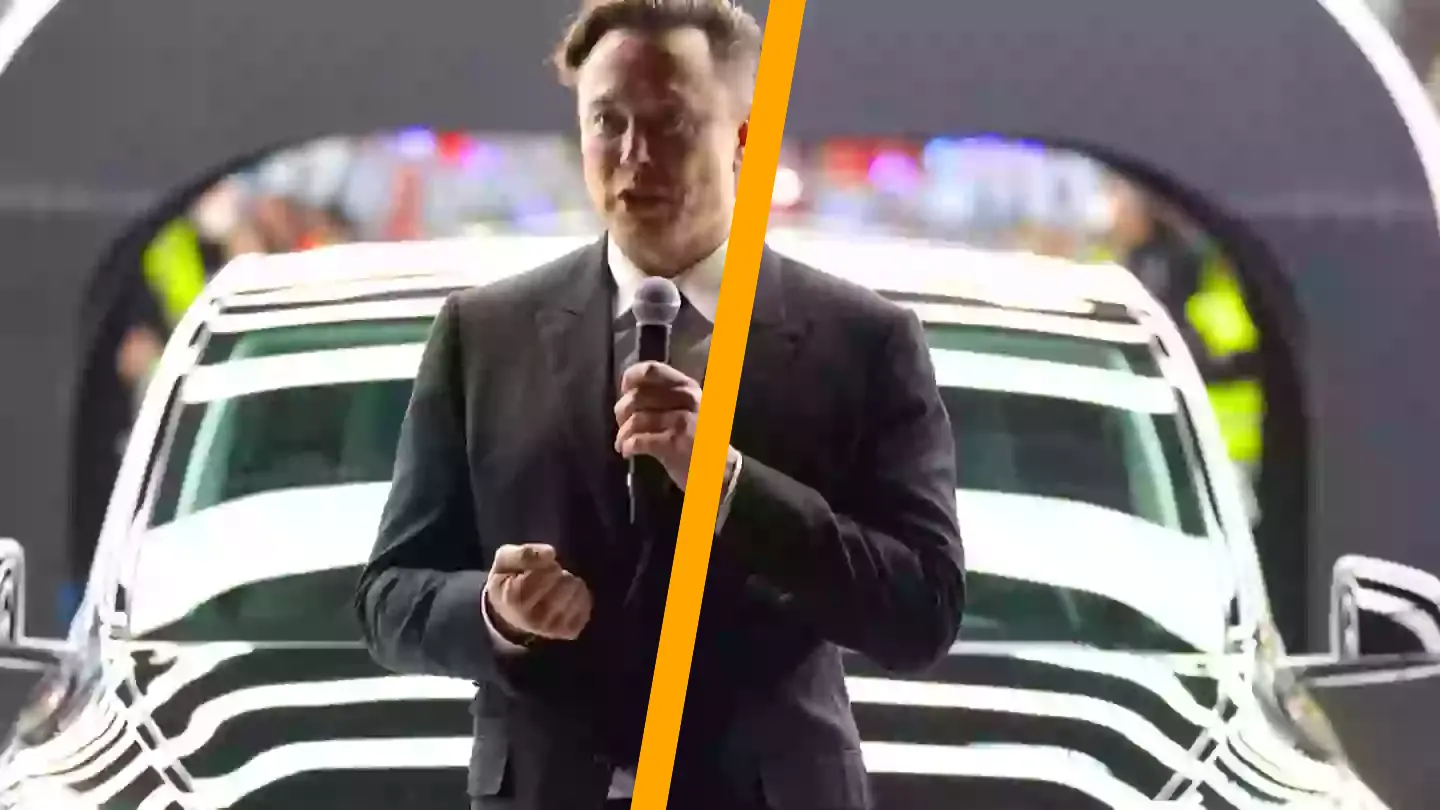A family, involved in an accident where their Tesla’s brakes allegedly malfunctioned, has been ordered to compensate the electric car manufacturer over $23,000 in damages.
The incident involved Zhang Yazhou from China, who was in a Tesla Model 3 with her father driving as they neared a red light in February 2021.
Zhang recounted that her father attempted to apply the brakes, but claimed they did not respond. He exclaimed, “The brakes don’t work!” and attempted to avoid nearby vehicles by swerving. However, their efforts were in vain as the Tesla collided with an SUV and a sedan before halting against a concrete barrier.
Medical reports, as mentioned by ABC News, indicated that Zhang’s parents were hospitalized for four days following the crash, with her father sustaining a concussion.
Fortunately, Zhang and her infant niece, who were also in the vehicle, were not injured. Nonetheless, the incident marked the beginning of their troubles.

The police investigation concluded that Zhang’s father was at fault due to insufficient following distance. However, Zhang contested this finding, arguing that the brakes malfunctioned.
Seeking a refund and compensation, Zhang lodged a complaint with local authorities and requested Tesla to provide pre-crash data from the vehicle. Tesla declined this request.
Frustrated, Zhang displayed a banner on her car reading ‘Tesla brake failure’ outside a Tesla dealership in Zhengzhou, Henan province, sharing her story via a bullhorn. Tesla still did not release the data.
She continued her protest at an auto show, donning a t-shirt that read ‘brakes fail’ and climbed onto a model car to draw more attention.
Although she was detained, Zhang’s protest gained viral attention, prompting Tesla to allege she was attempting to secure higher compensation. In retaliation, Zhang sued Tesla for defamation.

Responding to her lawsuit, Tesla filed a counterclaim, asserting Zhang harmed the brand by spreading false information and sought 5 million yuan ($684,000) in damages.
Following regulatory pressure, Tesla released the car’s data, allegedly including the vehicle identification number, showing her father was driving at nearly 120 km/h (75 mph) before impact, and confirming the brakes had functioned to lessen the collision’s severity. This disclosure led to Zhang receiving online threats.
Zhang subsequently sued Tesla again for privacy invasion, but both cases were dismissed.
In Tesla’s case against her, a Shanghai court ruled in May that Zhang’s remarks weren’t reasonable criticism, leading to a loss for Zhang. She was instructed to make a public apology and pay 170,000 RMB ($23,000) for damages and legal expenses incurred by Tesla.

Appealing the decision, Zhang told the Associated Press: “I refuse to accept it. As a consumer, even if I said something wrong, I have the right to comment and criticize. I spoke about my feelings as a user of the car. It has nothing to do with damaging their reputation.”
Despite Zhang’s determination, Tesla has a strong track record in similar cases. Records from China show that in 81 civil cases against Tesla, only nine were won by the car owners.

